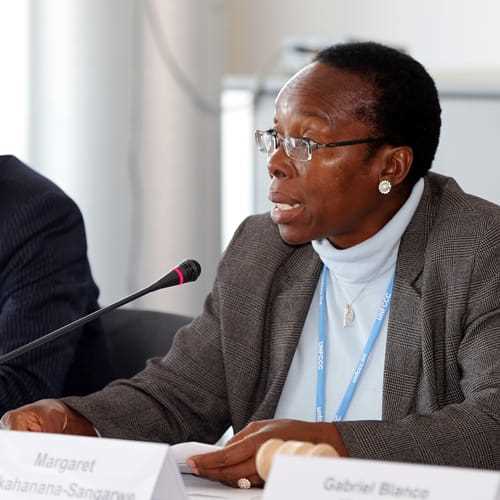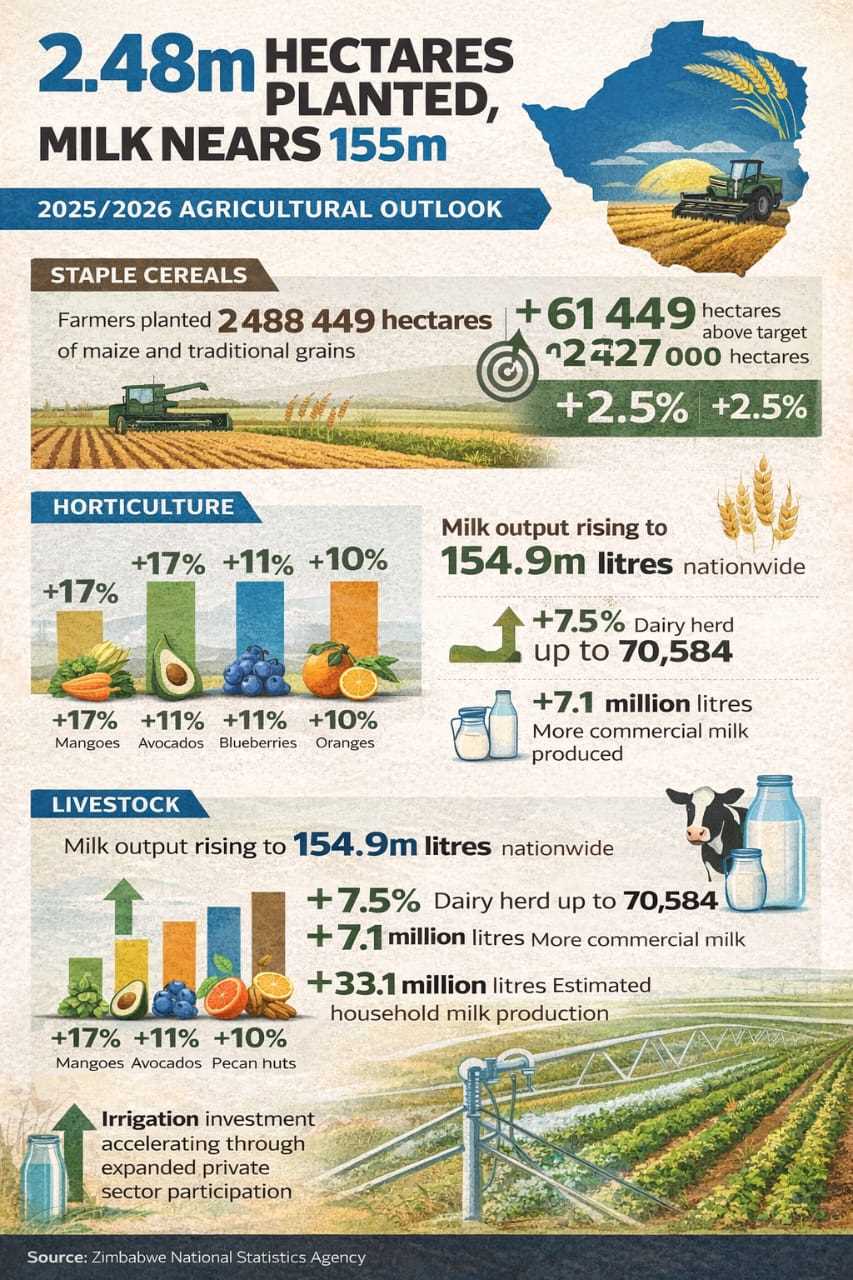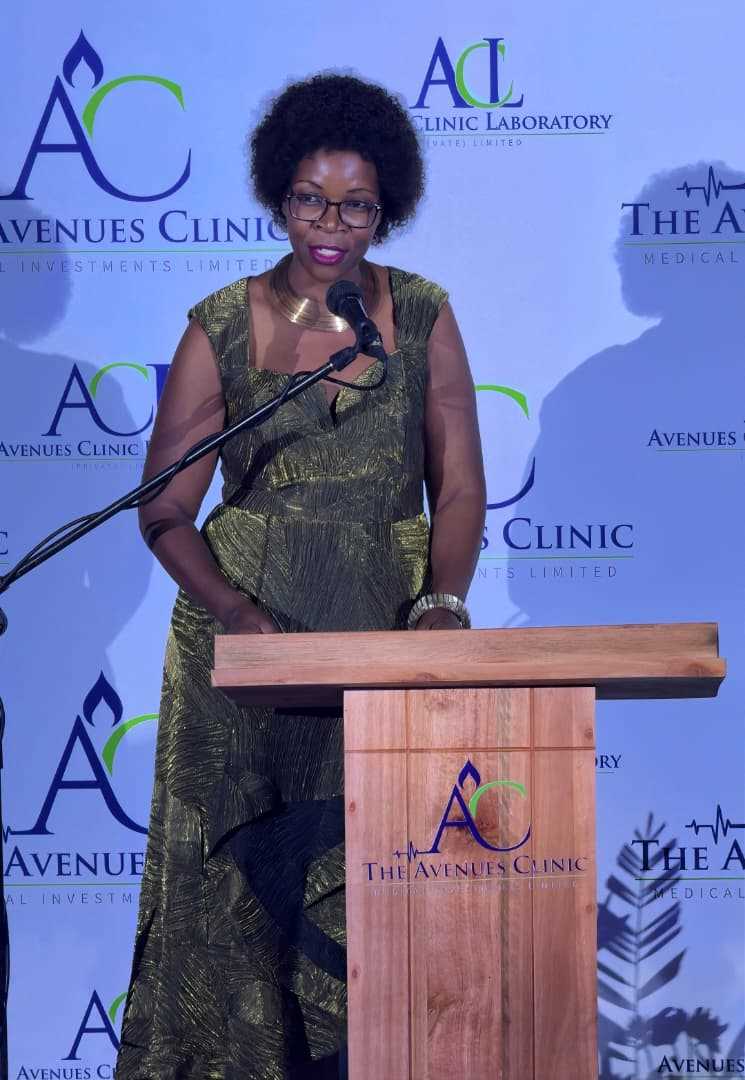
Zim Now Writer
University students in Zimbabwe are calling on the inclusion of climate change aspects in the curriculums of higher education institutions.
Students believe the failure to include a climate change syllabus in the education system is a recipe for disaster.
Zimbabwean Scientist Dr Prince Matova who attended COP26 in Glasgow, Scotland, approves that including climate change issues in the curriculums of higher institutions is of great importance.
“The learners of today are the problem-solvers of tomorrow and they need to know the problem now so that they can begin to appreciate the problem, know the task they have, which is to mitigate the effects of climate change and adapt to climate. They can even start to be innovative about how they can deal with the problem of climate change.
“For instance, adaptation of crops to the changing climate is very important if we are to secure food security for the growing world population. The world is getting warmer in some places and too wet in others and this disrupts food production as the varieties that were adapted can no longer cope with the new and continuously changing climate,” Dr Matova said.
“Learners can develop models and technologies that may help climate change problems. In some places, it will get drier and it will be difficult to continue growing maize, for example, because it is a crop that requires lower temperatures and more rainfall.
Zimbabwe National Students Union (ZINASU) President Benon Ncube said sustainability and climate change need to be taught across the curriculum, equipping students with the skills and knowledge needed for the green jobs of the future.
Related Stories
“There is a need to include climate change in the syllabuses because destruction in the agricultural sector, especially in Africa and Zimbabwe, to be specific, has been caused by climate change.
“If we want Zimbabwe to be the bread basket of Africa again, we need to teach people about climate change for the sake of the farming economy and those are the people in tertiary institutions. The only way to do it is to put in place a climate-conscious curriculum that allows students to graduate knowing exactly how to deal with climate change,” Ncube said.
He also said that in studies on climate change, students will need to go through more practical than theoretical practices.
Dr Matova is a crop breeder at Mukushi Seeds in Zimbabwe. He was the recipient of the 2021 Young Scientist Award from the International Atomic Energy Agency (IAEA) and the United Nations Food and Agriculture Organisation (FAO) Centre of Nuclear Techniques in Food and Agriculture, for developing Zimbabwe’s first cowpea variety using a nuclear technique called mutation breeding.




















Leave Comments